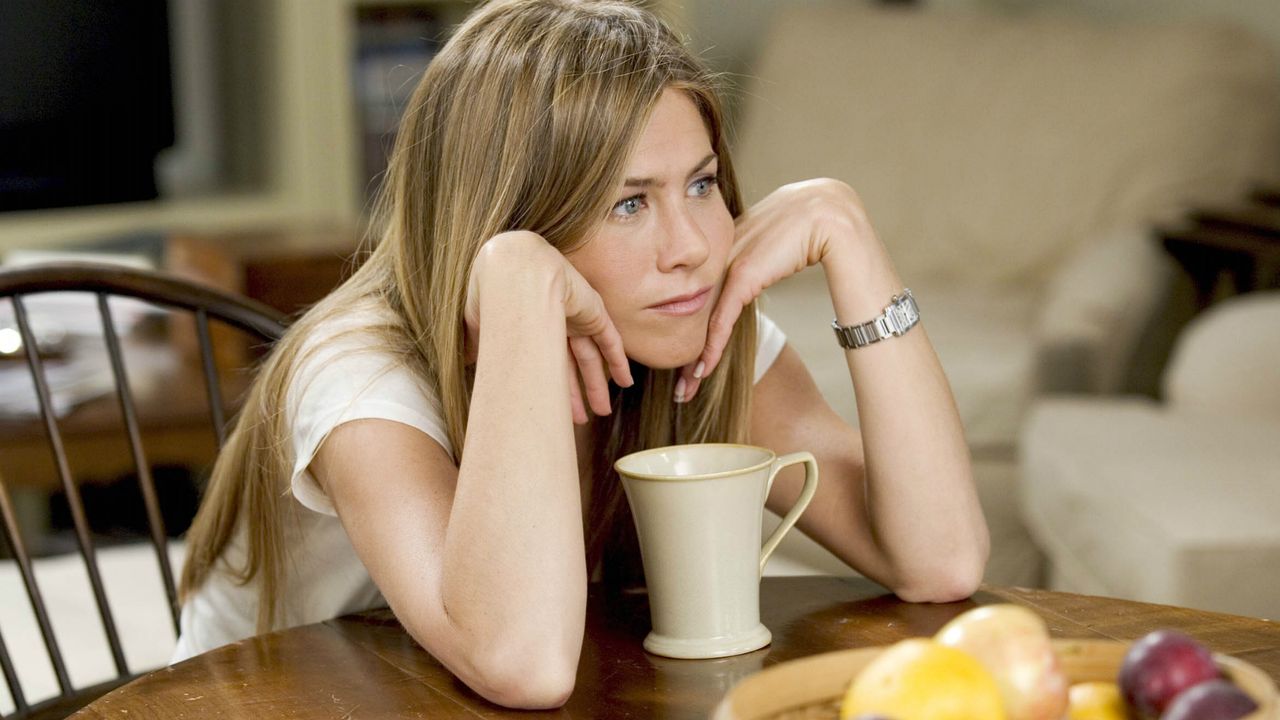Here's how to cope with lockdown-induced sleep paralysis
From diagnosis and symptoms to causes and treatments, here’s everything you need to know about sleep paralysis…


From diagnosis and symptoms to causes and treatments, here’s everything you need to know about sleep paralysis…
As a nation we have experienced two months of lockdown and counting as a result of the current coronavirus outbreak. It's hardly surprising therefore that looking after our mental wellbeing and sleep patterns is a conscious effort.
Just getting to sleep has proven to be more difficult during lockdown, with insomnia and restless leg syndrome among the issues people are suffering with.
One of the conditions that has been spoken about a lot in lockdown is sleep paralysis. But what it is, how long does is last and how can you treat it? Here's everything to know.

What is sleep paralysis?
According to NHS.co.uk, 'Sleep paralysis is when you cannot move or speak as you are waking up or falling asleep. It can be scary but it's harmless and most people will only get it once or twice in their life.'
Whilst harmless, this sensation can often be a very scary experience, with many describing it as an out-of-body experience. After the episode passes you will be able to move and speak as normal.
How long does sleep paralysis last?
Although it will feel like the paralysis is lasting an excruciatingly long time in the moment, according to NHS.co.uk, the episodes can only 'last up to several minutes.'
Marie Claire Newsletter
Celebrity news, beauty, fashion advice, and fascinating features, delivered straight to your inbox!
How common is sleep paralysis?
Feeling this sensation is not uncommon, with some surveys suggesting that 25-30% of the population will experience some form of sleep-type paralysis at least once in their life. For most people, experiencing sleep paralysis, they 'will only get it once or twice in their life', says NHS.co.uk, but there are some who suffer regular episodes (with some reporting paralysis a few times a month).

What are the symptoms of sleep paralysis?
The most obvious symptom is being temporarily unable to make movements or speak whilst being very aware of your surroundings. Other symptoms of sleep paralysis include difficulty breathing, a crushing sensation on your chest and in some cases hallucinations. Another key symptom is actually the feeling of fear as it can be a very unsettling experience. The NHS also cites a feeling that someone is in your room.
What can cause sleep paralysis?
Experiencing this type of sleep disorder can happen to anyone. While there’s no definitive cause, the NHS explains that it is most commonly linked to sleep deprivation, disrupted sleeping patterns, insomnia, narcolepsy, post-traumatic stress disorder, general anxiety disorder. panic disorder and a family history of sleep paralysis. For some however, the causes can be as simple as sleeping on their backs.
Is sleep paralysis dangerous?
Experiencing this type of sleep disorder can be terrifying, with many people explaining that in the moment they felt as though they were dying. Whilst being scary, however, the natural state is completely harmless and will have no dangerous or lasting effects.
Are there treatments for sleep paralysis?
Like most sleep disorders, this tends to improve over time. You can help the process though, by improving your sleeping habits, sticking to a regular sleep pattern in a comfortable environment. Regular exercise and a healthy diet can also help, as well as avoiding smoking, caffeine and big meals before bed.
When should I consult a GP about my sleep paralysis?
For most people, sleep paralysis will be a one time occurrence and as it is not harmful, there is usually no need to consult a doctor. If, however, you are experiencing sleep paralysis on a regular basis or feel that your symptoms could resemble narcolepsy, get in touch with your GP.

Jenny Proudfoot is an award-winning journalist, specialising in lifestyle, culture, entertainment, international development and politics. She has worked at Marie Claire UK for seven years, rising from intern to Features Editor and is now the most published Marie Claire writer of all time. She was made a 30 under 30 award-winner last year and named a rising star in journalism by the Professional Publishers Association.